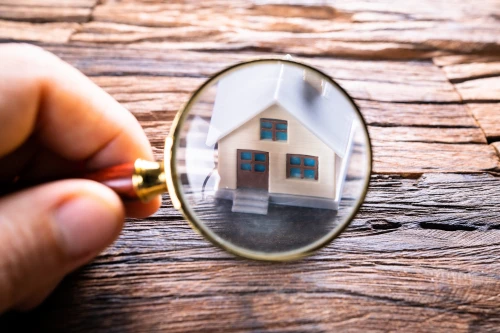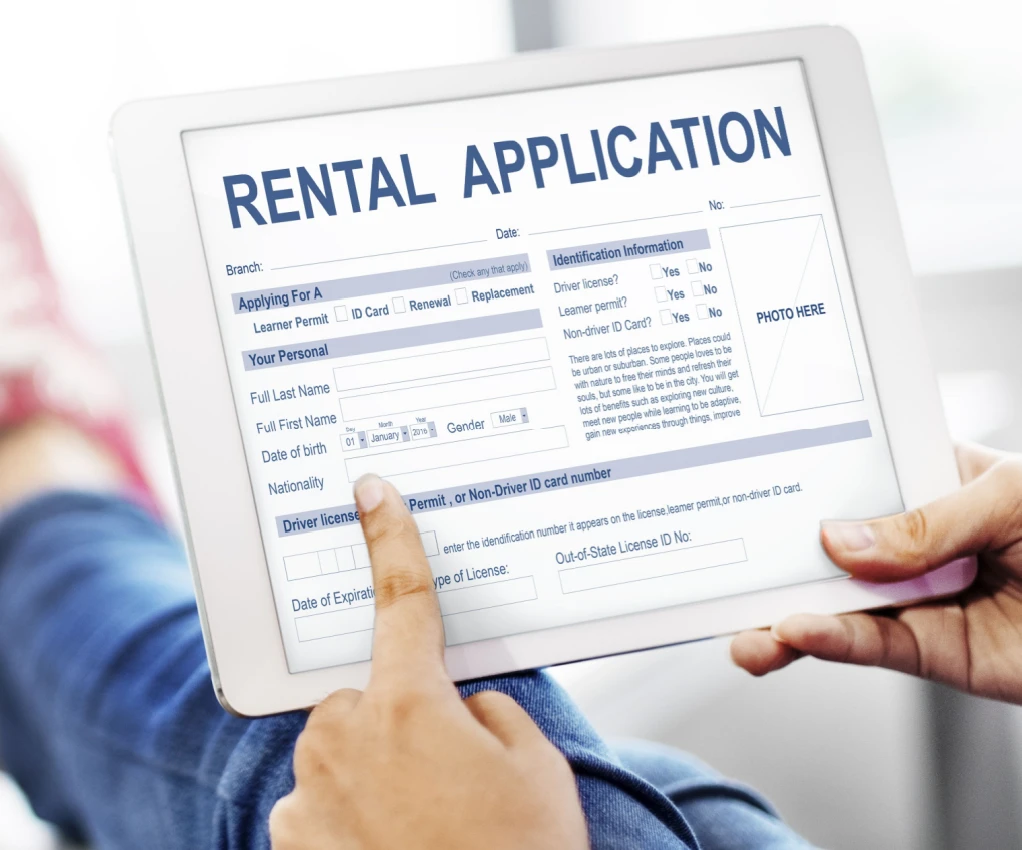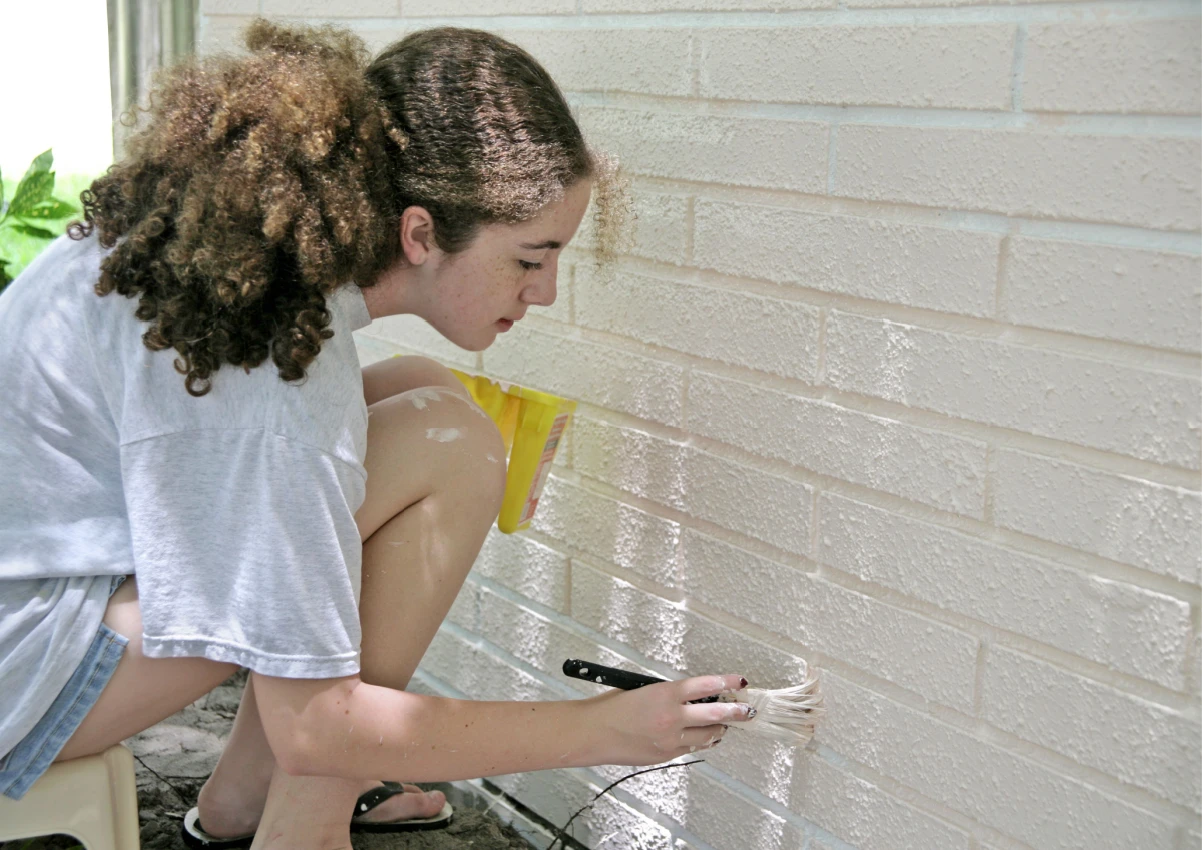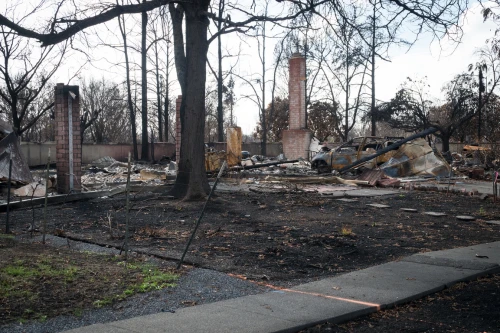What You Need to Know

Buying a Duplex
So, you’re toying with the idea of buying a duplex. It’s like hitting two birds with one stone. That is, you get a place to live and an extra unit that could bring in steady income. Sounds smart, right? But before you dive in, there are a few things you should know—things that goes beyond the basic “buy low, rent high” advice.
Whether you’re eyeing a house-hack setup or just want to double up on investment potential, this guide breaks it down in real talk—no fluff, no jargon, just what you actually need to know to make a smart decision.
Main Takeaways
- Pros of Buying a Duplex: A duplex can provide dual rental income, helping offset your mortgage or even turning a profit, making it a great investment for those looking to maximize returns. Additionally, if you live in one unit and rent the other, you can lower your housing costs while building equity, offering flexibility for homeowners and investors alike.
- Cons of Buying a Duplex: Managing a duplex comes with added responsibilities, such as handling tenant disputes, increased maintenance costs, and financing complexities that may differ from single-family homes. Furthermore, resale can be more challenging due to market volatility, and shared walls may create privacy concerns if you’re living alongside tenants.
What Is a Duplex?
As property management in Northern Virginia, we can tell you that a duplex is basically one building that’s been split into two separate homes. Think of it like two apartments under one roof. Sometimes they sit side by side, and other times one is stacked on top of the other. We will explain more in the types of duplexes section. That said, although each duplex is different, most of the time, both units have the same layout and share at least one wall.
Why Invest in a Duplex?
As an investor, the first thing you would ask is, “Are duplexes a good investment?” The answer is yes; they absolutely can be. These are the reasons why we believe so as a property management company:
- Two Rental Incomes in One Building: Remember how we said a duplex is like having two apartments under one roof? If you rent out both units, you’re earning from two tenants instead of one. That’s double the income from the same property.
- Live in One, Rent the Other: In a different scenario, you may want to save money on your own rent. You can live in one unit and rent out the other. Duplexes give you that kind of flexibility, which is a big win, especially for first-time investors.
- Two Homes, One Plot: Since the units can be built side-by-side or one on top of the other, you don’t need a huge piece of land. You can make it more compact. In other words, you save on land costs while still having two homes in one structure.
- Easier to Finance: Here’s the bonus—many lenders treat duplexes like single-family homes when it comes to financing, especially if you plan to live in one unit. That means you might qualify for better rates and lower down payments.
Get a Free Multifamily Loan Quote
Access Non-Recourse, 10+ Year Fixed, 30-Year Amortization
Biggest Risks When Buying a Duplex
Just like any other investment, buying a duplex isn’t all smooth sailing. Here are a few things to watch out for:
- Tenant Management Challenges – If you’re renting out one or both units, handling tenant disputes or vacancies can be more complex than with a single-family home, requiring strong communication and problem-solving skills to ensure smooth operations. You may also need to deal with late payments, maintenance requests, and potential tenant turnover–all of which can impact your bottom line.
- Financing Difficulties – Loans for duplexes may have stricter requirements compared to single-family homes, especially if you’re not planning to live in one of the units. In turn, this can affect your loan terms, interest rates, and upfront costs. Lenders may view duplexes as higher-risk properties. So, you might need to have a strong financial profile or a larger down payment to qualify.
- Higher Maintenance Costs – Since you’re managing two units, you have double repairs and upkeep. To be specific, you’ll have to deal with double the potential expenses for plumbing, electrical, landscaping, and other routine maintenance tasks. And you might encounter unexpected repairs, so you should have a reserve fund in hand.
- Market Volatility – Duplexes may not appreciate as quickly as single-family homes, and their resale market can be more limited, especially if demand for multifamily properties fluctuates in your area. If economic conditions shift or rental demand declines, you may find it harder to sell the property for a profit or maintain stable rental income.
- Shared Utilities & Privacy Concerns – Some duplexes have shared utility meters. This can complicate billing. If you don’t have a fair, clear system for splitting costs between tenants, that could be a recipe for disastrous disputes. Additionally, if you live in one unit, sharing walls with tenants might not be ideal. After all, your neighbor might make noise, and you would have to see them around your home all the time.
Different Types of Duplexes
As we said in the definition, not all duplexes are built the same. They come in many shapes and sizes. Here are some of the common ones you’ll find when buying a duplex:
Side-by-Side Duplexes
Side-by-side duplexes are what most people think of when they imagine duplexes. This is the classic duplex look. It’s like two homes built next to each other, sharing a wall in the middle. Each unit usually has its own front door, maybe even a driveway or a small yard. So, it gives more of that “single-family home” feel.
Stacked Duplexes
In this setup, one home sits on top of the other. You might enter from the front or side, but the idea is simple—upstairs and downstairs units. These are common in areas where land is tight, but people still need space.
Back-to-Back Duplexes
This one’s not as common, but you’ll still see a few around. The two units are placed back-to-back, with each one having its entrance on the opposite side of the building. It gives both sides more privacy since you’re not sharing a wall with your neighbor’s living room.
Duplex with a Bigger Owner’s Unit
Some duplexes are designed with one unit that’s larger or more upgraded than the other. This setup works well if you plan to live in one unit and rent out the smaller one—it gives you more comfort while you still make money.
Evaluating Potential Properties of Your Duplex
There are a few factors you should keep in mind to know if duplexes are a good investment for your specific situation. Be sure to consider these aspects:
1. Location
You can have the best property in the world, but it might not matter if you have it in a sub-prime location. Location is one of the biggest indicators of how successful your rental could be. So, you must be absolutely sure to place it in an area with high foot traffic. Take our service area of Northern Virginia, for example. Areas like Arlington, Alexandria, and Fairfax are popular due to their proximity to D.C., good schools, and public transport. In our experience, these spots often attract qualified tenants and can command higher rents.
2. Rental Income Potential
To give you a better estimate of whether you’d get an ROI, check what similar duplexes in the area are renting for. There are websites, like Zillow, that can give you a ballpark figure. This should give you a snapshot of what your possible cash flow could look like if you got involved.
3. Condition of the Property
Is the duplex move-in ready, or does it need some TLC? Many people salivate at a property with a low price tag. Be careful, though: some distressed homes are discounted for a reason. What seems like a bargain now may have huge hidden costs later. So, always get a professional inspector to look through every corner and crevice of it.
4. Financing Options
If you plan to live in one unit, you could benefit, financing-wise. In that case, you might qualify for loans with lower down payments, like FHA or VA loans. However, if you’re renting out both units, you’ll likely need a conventional loan. In turn, that might require a higher down payment.
5. Local Regulations and Zoning
We’ve seen too many investors overlook this point, so don’t make the same mistake. Ensure the property complies with local zoning laws. After all, some areas have restrictions on rentals or specific requirements for duplexes. It’s essential to be informed to avoid future headaches.
6. Property Management
Decide right off the bat if you’ll manage the property yourself or hire a management company. In this step, really think through your priorities. Managing it yourself can save money, but it will cost you something just as valuable: time and effort. A property management company can handle marketing, inspections, rent collection, legal compliance, and other critical matters on your behalf.
7. Future Growth Potential
Look into the area’s future development plans. If it has infrastructure projects, big businesses, or schools incoming, that’s a great sign. These features can draw in renters and boost your property values.
Buying a duplex can be a great way to generate income while having a place to live, but it comes with unique challenges like tenant management, financing hurdles, and higher maintenance costs. Understanding these risks—along with factors like market volatility, privacy concerns, and property regulations—can help you make a smart investment decision that aligns with your financial goals.
Source: Bay Property Management Group















 Accessibility
Accessibility